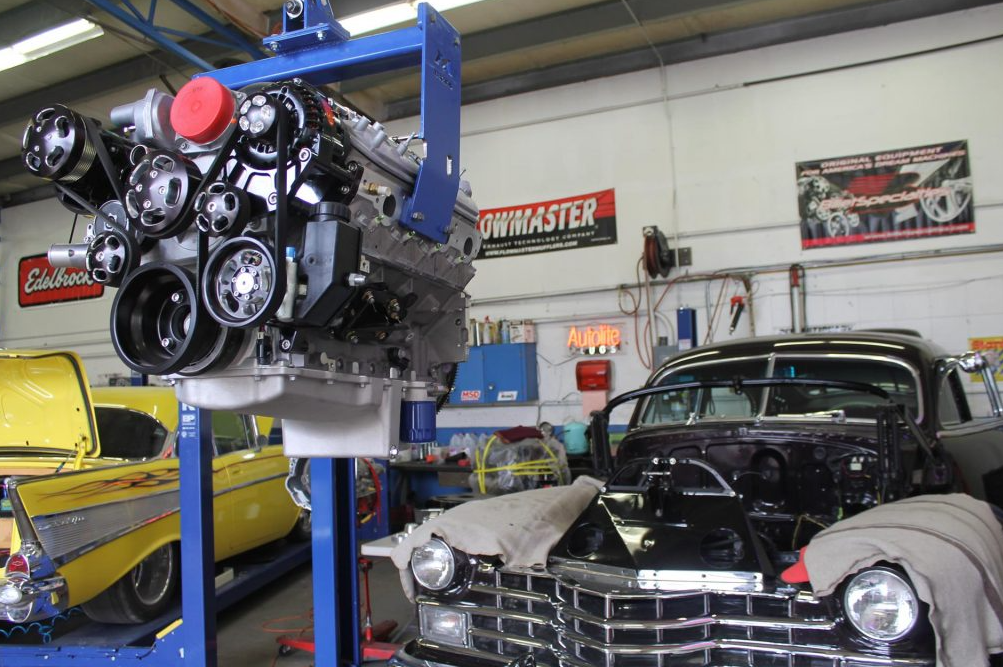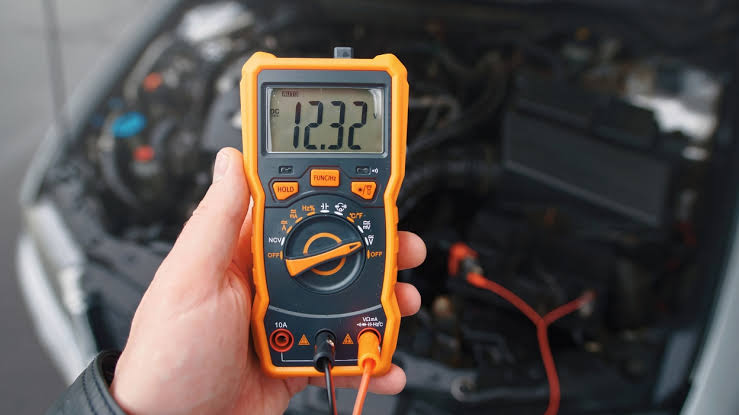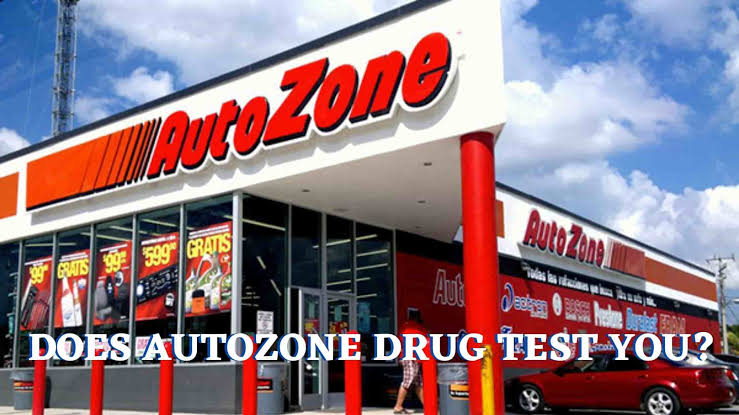Will a Dealership Take a Buy That Requires an Engine Swap?

When you’re considering purchasing a vehicle, whether new or used, one important question to ask is whether the dealership will accept a trade-in or purchase that requires significant repairs, such as an engine swap. While this is a valid concern for car buyers and sellers, understanding the process can help you determine whether or not it’s feasible to trade in or buy a car that requires an engine replacement. In this article, we will explore how dealerships handle such situations, factors that influence their decision, and what options you have when dealing with a car that requires an engine swap.
Can a Dealership Take a Car That Needs an Engine Swap?
The simple answer is yes, dealerships will often accept a car that needs an engine swap, but the terms of the trade-in or purchase will vary depending on the condition of the vehicle and the dealership’s policies.
1. Trade-in Vehicles Needing Engine Work
If you’re looking to trade in a vehicle that requires an engine swap, dealerships may still accept the car as part of the trade-in process. However, keep in mind that the car’s value will likely be much lower due to the need for such significant repairs. A dealership’s appraisal will take into account the costs associated with replacing the engine, as well as any other factors like the car’s overall condition, mileage, and market demand.
Most dealerships are looking for cars that they can either quickly resell or use for parts. If your car requires an engine swap, the dealership may only offer you a small amount for the vehicle because of the high cost of engine replacement. In many cases, dealerships prefer to purchase vehicles that are in running condition to avoid the additional cost and time investment that comes with replacing an engine.
2. Buying a Vehicle That Needs an Engine Swap
If you’re buying a car that requires an engine swap from a dealership, there are a few key points to consider:
- Disclosure: Dealerships must disclose any major issues with a vehicle, including the need for a new engine. If you’re purchasing a used car that requires significant engine work, the dealership should inform you of this upfront. They may either offer the car at a discounted price or even offer an “as-is” sale, meaning you’ll need to handle repairs yourself.
- Warranty: In most cases, a car with a known issue like a bad engine will not come with a warranty, or if it does, the warranty might be very limited. Be sure to clarify the warranty terms before making a purchase.
- Negotiation: If the dealership is offering a car that needs an engine replacement, it could be an opportunity to negotiate a better price. The cost of an engine swap can be expensive, and the dealership will typically factor this into the price they offer for the car.
Factors Influencing Dealership Decisions
Several factors influence whether a dealership will accept or buy a car that needs an engine swap. These include:
1. The Condition of the Rest of the Car
Dealerships often assess the overall condition of the vehicle, not just the engine. If the rest of the car is in great shape – such as the body, interior, transmission, and suspension – a dealership may still consider accepting it for resale or parting out. However, if the car has significant damage beyond the engine, it may be considered unworthy of repair or resale.
2. Market Demand
Dealerships generally aim to buy and sell cars that are in demand. If your car is a make and model with high demand, even if it needs an engine swap, the dealership may still be interested in it. They could potentially replace the engine and sell the car for a profit. However, if the car has little market appeal, the dealership may not be willing to accept it.
3. Cost of the Engine Swap
The cost of replacing an engine is significant, often running anywhere from $3,000 to $7,000 or more depending on the make and model of the vehicle. Dealerships will consider whether the cost of replacing the engine is worth the potential resale value after the swap. If the price of a replacement engine exceeds the potential resale value, they may choose not to take on the vehicle.
4. The Age and Mileage of the Car
A dealership will also consider the age of the car and the mileage. Older cars with high mileage are generally harder to sell, especially if they require a costly repair like an engine replacement. If the vehicle is relatively new and has low mileage, the dealership may still be interested because the investment in a new engine could be worthwhile.
5. Your Negotiating Position
How well you can negotiate also plays a role. If you’re trading in a car that needs an engine swap, you might not get top dollar for it, but if you’re buying a car that requires a new engine, you may be able to negotiate a lower price, taking into account the cost of the engine swap.
What Are Your Options?
If you’re in a situation where you’re trying to buy or trade in a car that requires an engine swap, here are a few things to consider:
1. Selling It to a Mechanic or Auto Salvage Yard
If a dealership is not willing to buy your car, you may want to consider selling it to a mechanic or an auto salvage yard. Many mechanics will buy cars that need engine swaps to use for parts, and salvage yards often purchase cars for scrap or resale. Although you may not get as much money as you would through a dealership, this can be a good alternative.
2. Private Sale
Another option is selling the car privately. If you’re honest about the car’s condition and let potential buyers know the car needs an engine replacement, you might be able to find someone willing to buy it for a lower price. Just be sure to disclose the engine issue to avoid legal problems later.
3. Considering the Cost of Repairing It Yourself
If the car’s body and other components are in good condition, and if you can find an affordable source for a replacement engine, repairing it yourself could be a viable option. This could add years of life to the vehicle, and if the car is otherwise in great shape, it may be worth the investment.
Conclusion
In summary, dealerships may take a car that requires an engine swap, but the likelihood of this depends on the condition of the vehicle, the cost of repair, and market demand. The car’s value will be significantly reduced because of the need for an engine replacement. If you’re selling a car that needs this kind of work, be prepared for a lower offer, and consider other options like selling to a mechanic, salvage yard, or privately. If you’re looking to purchase a car with a bad engine, negotiate a fair price, and make sure you’re fully aware of the costs involved in getting the engine replaced.
FAQs
1. Can I sell my car to a dealership if the engine is blown?
Yes, but the dealership will offer a significantly lower price due to the need for an engine replacement. They may also choose not to accept it depending on the car’s overall condition.
2. Will the dealership replace the engine for me?
Dealerships usually do not handle engine replacements for trade-ins, but they may be able to help you find an engine replacement if you’re buying a car from them.
3. Should I fix the engine before selling my car?
If the engine is the only major issue and the rest of the car is in good shape, it might be worth fixing the engine. However, this depends on the cost of the repair and the car’s value after the fix.
4. Can I negotiate a better price for a car with a bad engine?
Yes, you can often negotiate a lower price for a car that needs an engine swap. Be sure to factor in the cost of repairs when making your offer.
5. How much does it cost to replace an engine?
The cost of an engine replacement can range from $3,000 to $7,000 or more, depending on the make and model of the vehicle.





